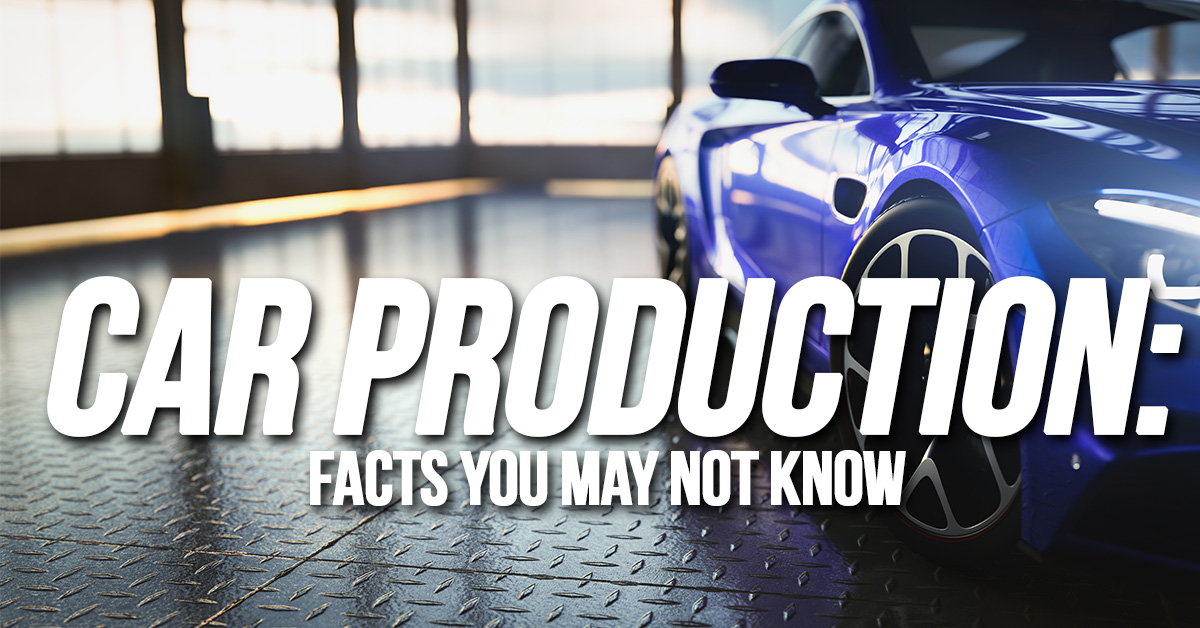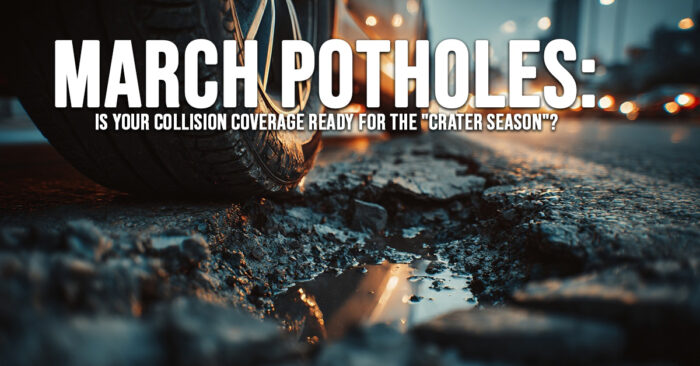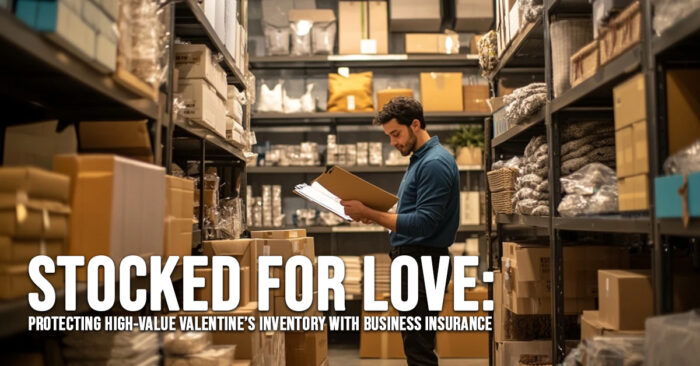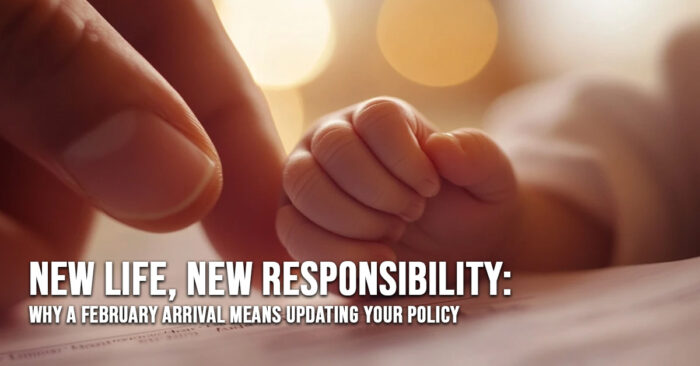Car Production Facts Which You May Not Know

Car Production Facts Which You May Not Know
When Henry Ford developed the assembly line, it revolutionized the auto industry. It literally made cars more affordable for millions of Americans. Rather than having workers move to a vehicle to work on it, the concept moved the vehicle through in-place workers, tools, and parts. Eventually, more workers were replaced with robots, but the assembly line philosophy remained. Now we have visions of a frame moving through an almost completely automated system with a completed vehicle resulting at the end.
Here are some modern-day facts you may not know about how vehicles are produced today.
How Long Does it Take to Produce a Car?
Cars generally average from 11 hours to 18 hours to produce. This is impacted by the quality of the vehicle and the number of higher end options that are included.
How Many Cars Come Off the Assembly Line in a Given Time?
An efficiently operating assembly line can have a fully manufactured vehicle produced every minute to 90 seconds. That means a functioning assembly line can build about 1,500 cars per day.
How Are Individual Cars Produced to Specifications?
Assembly line vehicles are generally “finished” with the basic features found in all vehicles of its type, and then are finished with the options and features ordered by a dealer or customer. In other words, all cars start as a base model and are then enhanced along the way.
The Pre-Delivery Inspection Checklist
Before a consumer takes delivery of a new car, it goes through a pre-delivery inspection based on criteria on a checklist. This includes everything from tires, air conditioning, lights, and audio and entertainment features. Consumers should carefully view and inspect the car themselves (with the salesperson present) to ensure the car’s paint, interior, mechanics, and electronics are operating properly. Even if you accept a car for delivery, the dealer and manufacturer are still responsible for defects that should be covered under the warranty.
Buying a brand new car is an exciting event, and that excitement may cause you to not notice some issues with the vehicle. Take your time and enjoy your new car while making sure you get what you paid for.
Getting what you pay for is also important when it comes to car insurance. Make sure you are getting the most for your money by allowing us to compare car insurance rates for you. We look forward to assisting you.
Do you have questions about your insurance? Find an insurance agent near you with our Agent Finder
Search All Blogs
Search All Blogs
Read More Blogs
March Potholes: Is Your Collision Coverage Ready for the “Crater Season”?
Road craters are appearing everywhere this March. Discover the insurance math behind pothole damage and how to keep your premiums from spiking.
Spring Skies and Structural Eyes: Why a March Roof Check is Your Best Insurance Policy
Don’t wait for a leak to check your roof. Learn how to spot late-winter damage and protect your home’s structure this March.
The Mystery of the Plastic Baby: A Guide to Mardi Gras and the King Cake
Why is there a baby in the cake? Discover the history and traditions of Mardi Gras 2026 and the delicious mystery of the King Cake.
Let the Good Times Roll—Safely: Mardi Gras Liability for Your Business
Hosting a Mardi Gras party this Tuesday? Make sure your business has the right event liability and liquor coverage before the beads start flying.
The Business “Prenup”: Why Business Partners Need Life Insurance in February
Love your business partner? Protect your company with a Life Insurance-funded Buy-Sell agreement to ensure the business survives the unexpected.
Heading South? Insuring Your Mid-Winter Break Road Trip in February
Driving to find some sun this week? Check your roadside assistance and rental car coverage before you leave the driveway.
Spring Dreams, Winter Schemes: Updating Your Insurance Before Your Spring Renovation
Planning a Spring kitchen remodel? Learn why you need to call your insurance agent before the contractors arrive to ensure your project is covered.
Shadow or Spring? The Quirky Science and Folklore of Groundhog Day 2026
Will he see his shadow? Dive into the history and humor of Groundhog Day 2026 and why we still trust a rodent with our weather forecasts.
Stocked for Love: Protecting High-Value Valentine’s Inventory with Business Insurance
Is your Valentine’s stock protected? Ensure your business insurance accounts for the massive inventory surge happening in early February.
New Life, New Responsibility: Why a February Arrival Means Updating Your Policy
Welcoming a new family member this February? It’s time to move life insurance to the top of your to-do list to ensure your child’s future is secure.









